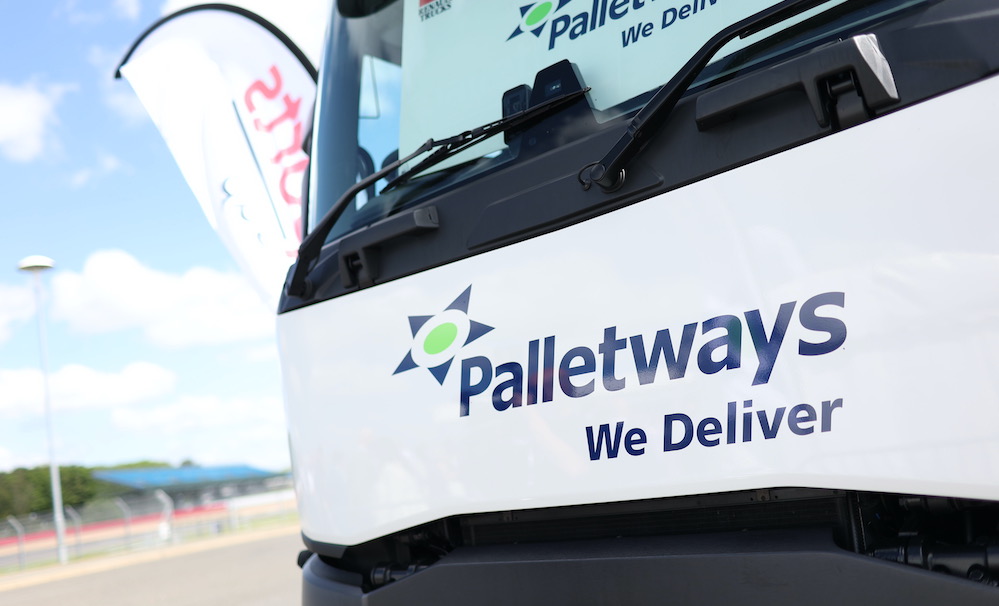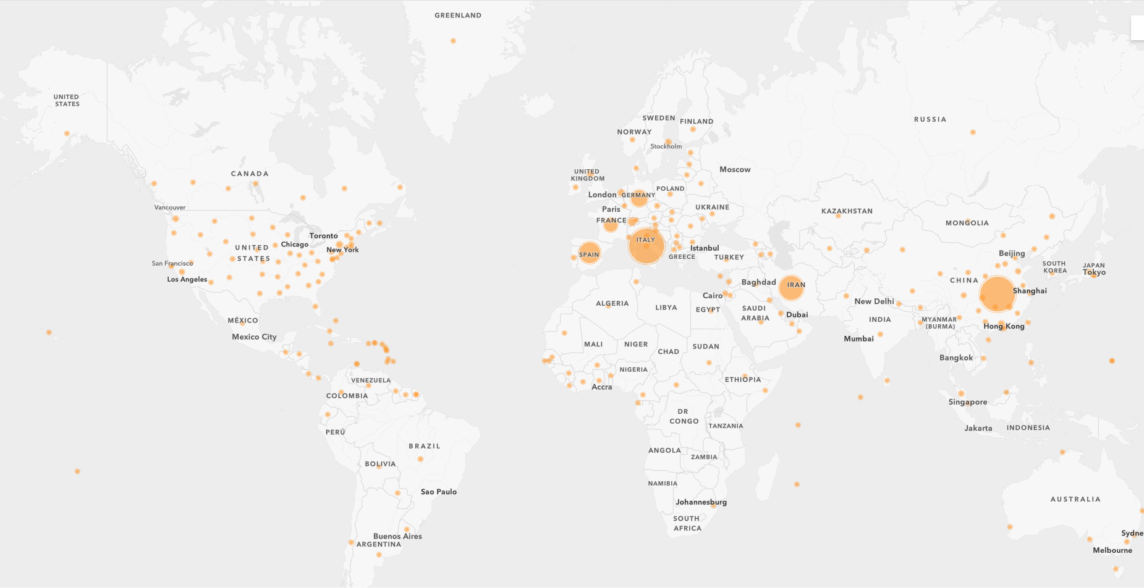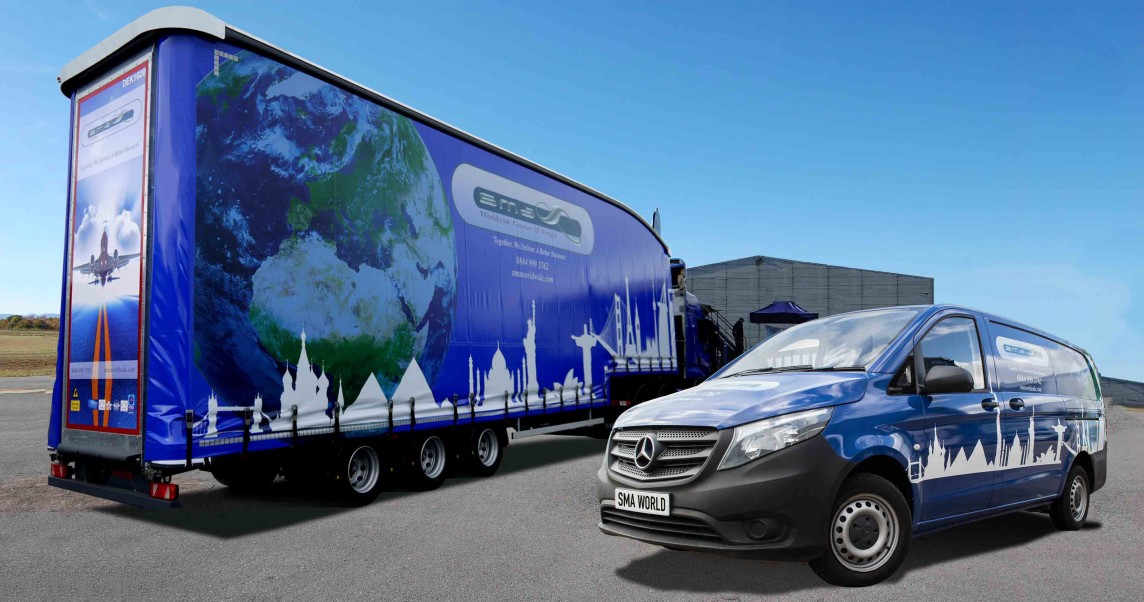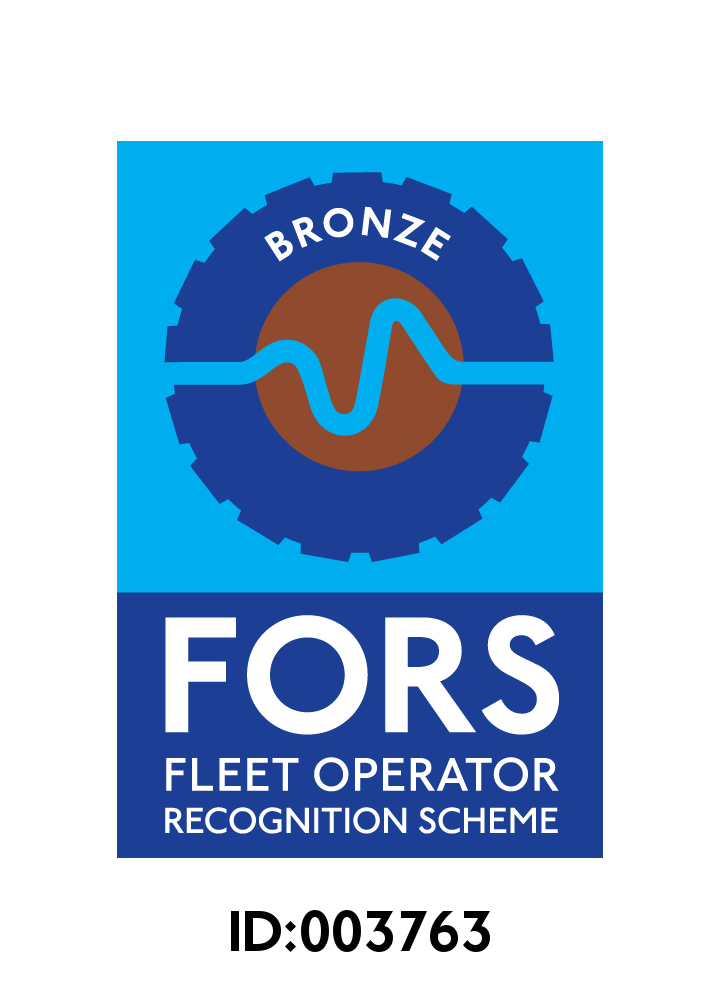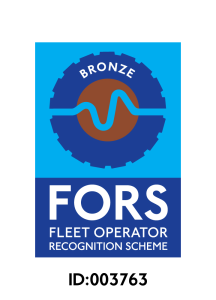
Palletways has launched a world-first for the global logistics industry – a technological innovation that takes operational efficiency and health and safety within pallet-focused environments to new levels.
The innovation, called Palletways ID, the world’s most sophisticated forklift truck-mounted sensor technology, is set to make existing stand-alone pallet assessment and measuring technology obsolete, as it combines four key data measurements in one go.
This technology identifies a pallet through imaging and barcode scanning, while delivering pinpoint accurate weight measurements as the pallet is being moved, and for the first time, cubes its dimensions in seconds again while the FLT is in motion.
Initially born from the operational need to capture and harness accurate data on individual pallets instantly and on the go, Palletways ID – the result of two years of research & development – also delivers greater than ever real-time information for health and safety.
Announcing the new technology at the Palletways UK Conference held at Silverstone, attended by the company’s growing membership, Rob Gittins, Managing Director of Palletways UK, said:
“This is not simply a first for pallet networks, but a first for the whole logistics industry. This doesn’t just build on current technology, which involves stationary measurement tools such as cubing boxes and finger scanners. It effectively makes them obsolete.”
In essence, the Palletways ID technology delivers four key operational components in one and uniquely does so while the forklift truck operator is going about his/her regular warehouse duties:
- Takes images of the pallet, which are used later to confirm condition and to provide traceability
- Barcode scanning from anywhere on the front face of the pallet. No more getting off the FLT to manually scan the barcode, providing greater than ever efficiency, accuracy and safety
- Accurate recording of the pallet’s weight as the FLT moves it from one location to another – doing away with the need to set the pallet on static scales.
- Cubing/dimensioning – again, this takes place as the pallet is being moved without interrupting the flow of the process, something that would be impossible to do to every pallet using standard cubing technology.
Rob continues:
“Our technology’s ability to effectively combine these four processes into one and capture instantly while on the move is a world first and a giant leap forward for logistics safety and efficiency.
Health and safety is our number one priority. The accurate weight and size data gathered by Palletways ID on every single pallet sent through the network means that any potential safety issues can be flagged at source before they arise and acted upon to prevent an incident before it happens.”
Richard Miller, UK Head of IT at Palletways UK, adds:
“Crucially, the tech places into the hands of drivers all the information they need to safely deliver on a tail lift. With Palletways ID gathering the data on every single pallet, flags can be raised to ensure oversized, heavy or dangerous pallets are removed from the operation and rectified before reaching the lorry.
We are tackling the age-old problem of how to improve efficiency and data quality but without hindering overall performance. You cannot buy time, you have to try and make it, and Palletways ID is the first technology in our sector to do this by taking four key data measurements in real time and in one swift FLT movement.”
Palletways ID will be rolled out in the UK and across all Palletways European hubs over the next eight months.
